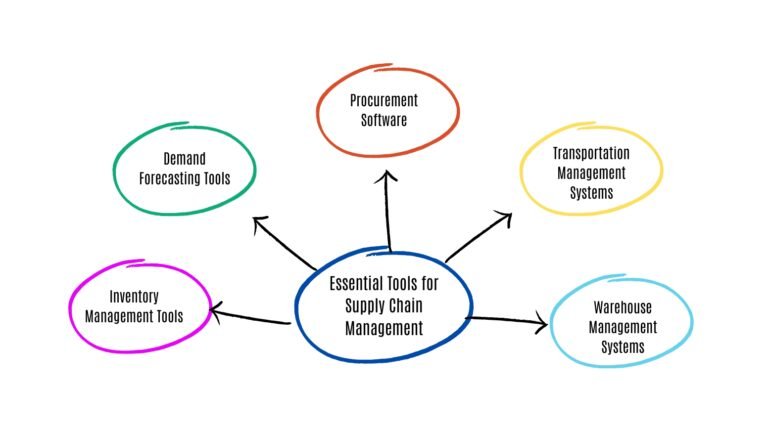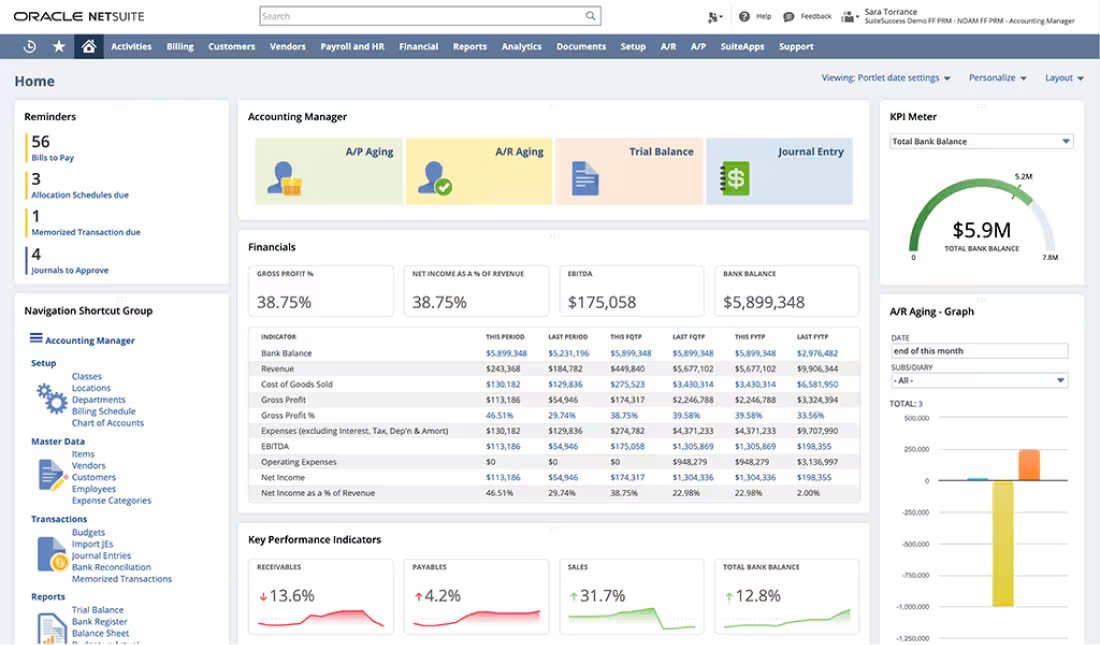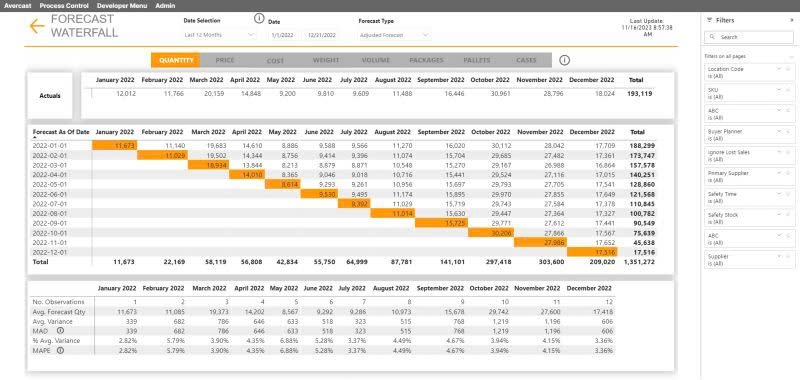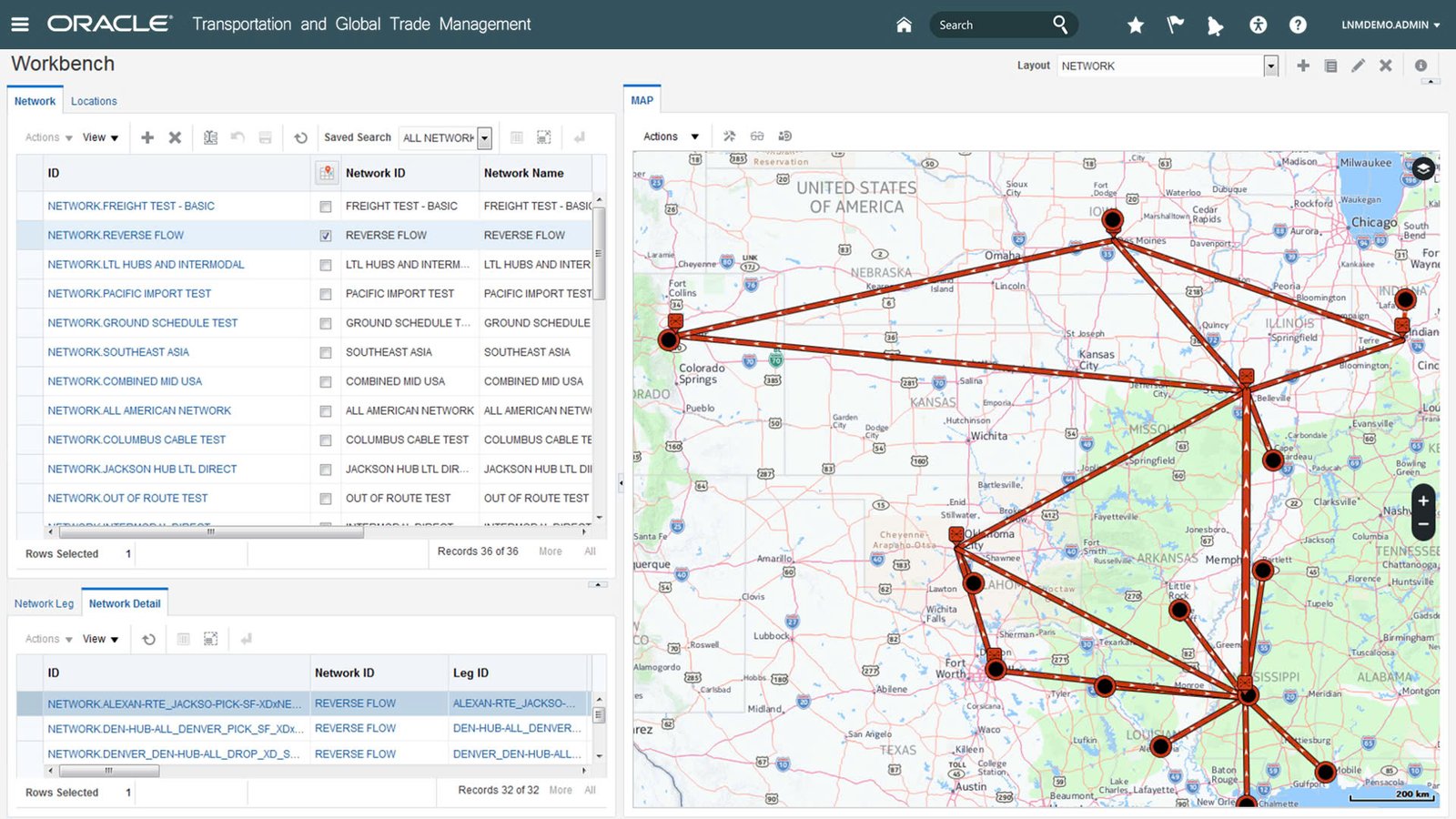
As businesses strive for greater efficiency, effective supply chain management has become a top priority. Today, managing a supply chain isn’t just about moving goods from one place to another; it’s about utilizing the right supply chain tools and software to streamline operations, enhance visibility, and drive cost savings. Let’s explore the essential tools that can transform your supply chain and keep your operations running smoothly.
Why Supply Chain Tools Matter
Supply chains are growing more complex. Companies need real-time data, faster decision-making capabilities, and seamless collaboration across multiple departments. That’s where supply chain tools come in. They allow businesses to reduce costs, minimize errors, and adapt to market fluctuations more easily. Whether it’s automating processes or forecasting demand, these tools offer significant advantages for businesses aiming to stay competitive.
Types of Supply Chain Tools
There’s a wide range of tools available that cater to different aspects of supply chain management. Below, we’ll break down the most important categories and highlight the top tools for each.
Inventory Management Tools
Managing inventory efficiently is critical to prevent stockouts or overstocking. Fishbowl and NetSuite are two popular inventory management tools. These platforms help you keep an eye on stock levels in real time, allowing you to optimize reorder points and warehouse space. This not only saves costs but also ensures you always have the right amount of stock on hand.

Demand Forecasting Tools
Accurately predicting future demand helps businesses maintain optimal inventory levels and avoid waste. Tools like SAP Integrated Business Planning and Avercast use advanced algorithms to analyze historical data, seasonal trends, and market conditions. By using demand forecasting software, companies can anticipate customer needs and adjust their production schedules accordingly.

Procurement Software
Efficient procurement is the backbone of any well-run supply chain. Software like SAP Ariba and Oracle Procurement Cloud streamlines supplier relationships, automates purchase orders, and manages vendor contracts. These tools not only ensure that businesses can secure the best prices but also reduce procurement cycle times.
Transportation Management Systems (TMS)
With transportation costs being a large portion of a company’s budget, having a robust Transportation Management System (TMS) can lead to massive savings. Systems like Oracle TMS and Kuebix help optimize shipping routes, manage carrier contracts, and monitor fuel costs. This kind of software enhances logistics performance, ensuring that products are delivered faster and more economically.

Warehouse Management Systems (WMS)
Warehouse operations are complex, with everything from receiving goods to fulfilling orders relying on precise coordination. Manhattan WMS and HighJump are advanced Warehouse Management Systems (WMS) that help manage everything from storage, picking, packing, to shipping. A WMS ensures accuracy, minimizes manual labor, and enhances order fulfillment speeds.
Advanced Tools with AI and Automation
AI-driven supply chain tools are reshaping the future of logistics and operations. Tools like Llamasoft and ClearMetal use predictive analytics to forecast demand patterns, optimize routes, and reduce bottlenecks. Automation, on the other hand, helps reduce human errors and increases operational speed. Automated warehousing systems, AI-driven demand forecasting, and smart procurement are becoming the new standards in supply chain optimization.
Key Benefits of Using Supply Chain Software
Investing in the right supply chain software delivers a host of benefits:
- Enhanced visibility: Track shipments, inventory, and costs across the entire supply chain in real time.
- Cost reduction: Automation and optimization tools help businesses cut down on labor, fuel, and inventory costs.
- Better coordination: Different departments, from procurement to logistics, can work seamlessly together through integrated platforms.
- Improved customer satisfaction: Faster deliveries and fewer mistakes result in happier customers and better retention rates.

Choosing the Right Tool for Your Business
Selecting the right supply chain tools and software can be daunting with so many options available. Here are key factors to consider when choosing the best tool for your company:
- Business size: Small businesses may need simple, cost-effective solutions, while larger enterprises will benefit from more robust, scalable software.
- Specific needs: Does your business prioritize inventory management, demand forecasting, or logistics? Narrowing down your requirements will guide your decision.
- Budget: While some tools offer extensive features, they can be costly. It’s crucial to balance the tool’s capabilities with your budget.
- Integration capabilities: Choose software that integrates with your existing systems for seamless data flow between departments.
It’s always a good idea to consult with supply chain experts who can offer insights into the tools that best fit your business’s current and future needs.
Conclusion
The right supply chain tools and software can significantly enhance your operational efficiency, reduce costs, and provide better visibility into your supply chain processes. As supply chains become more globalized and complex, leveraging these tools is no longer optional—it’s essential for businesses looking to thrive in today’s fast-paced environment. By investing in the right technology, you’re setting your business up for success, both now and in the future.